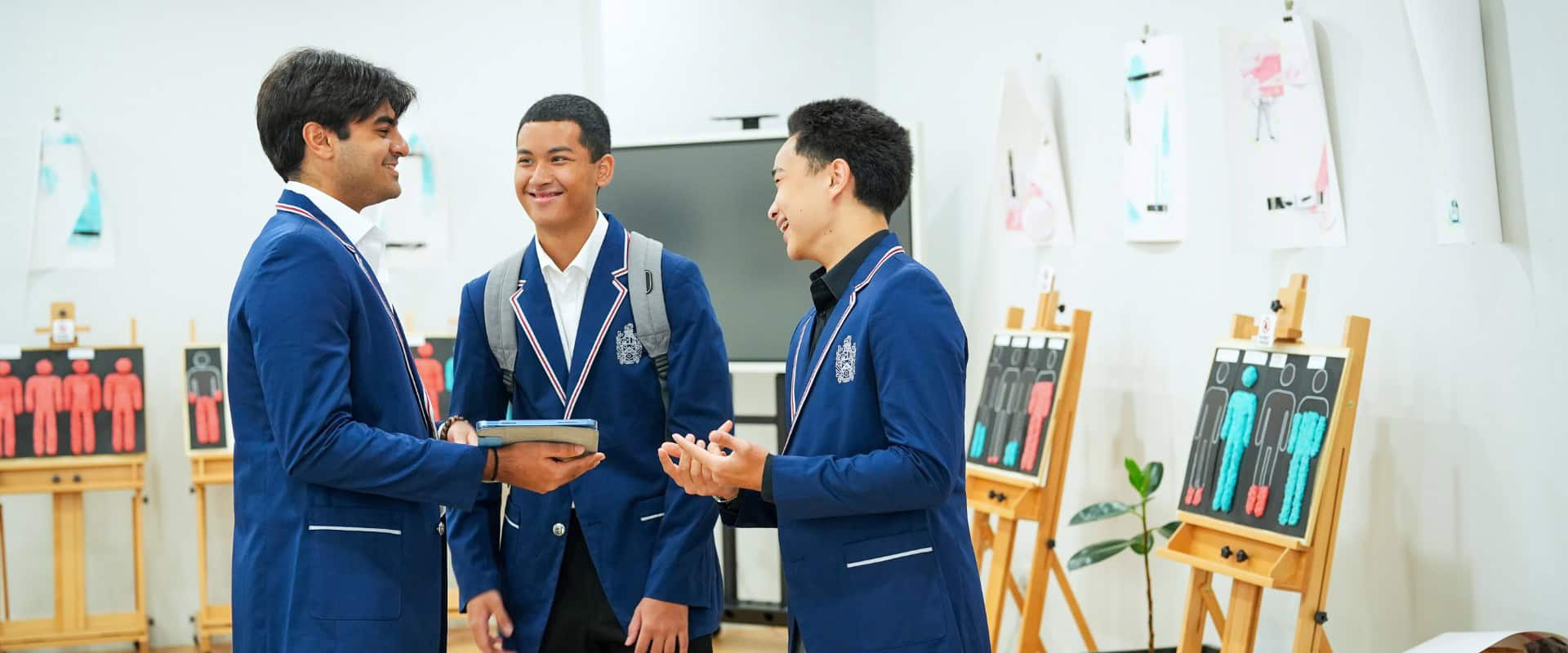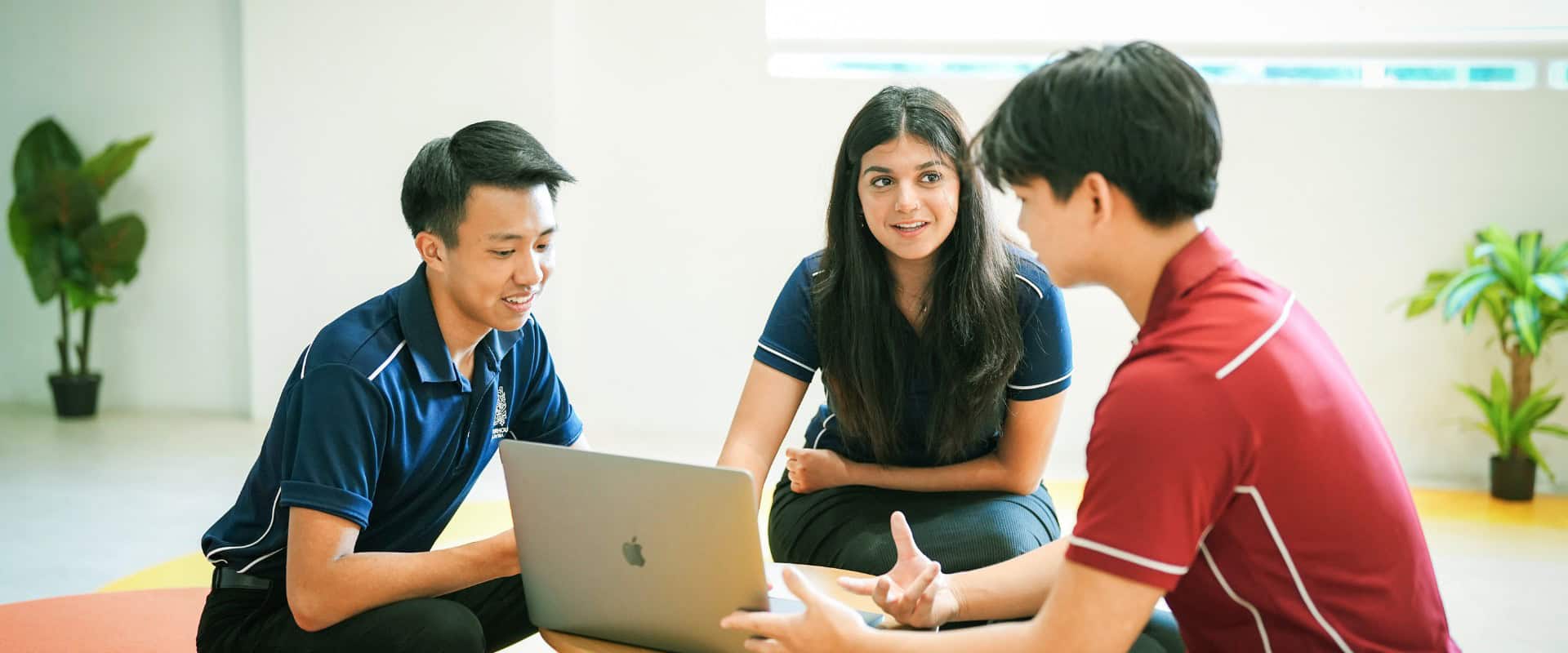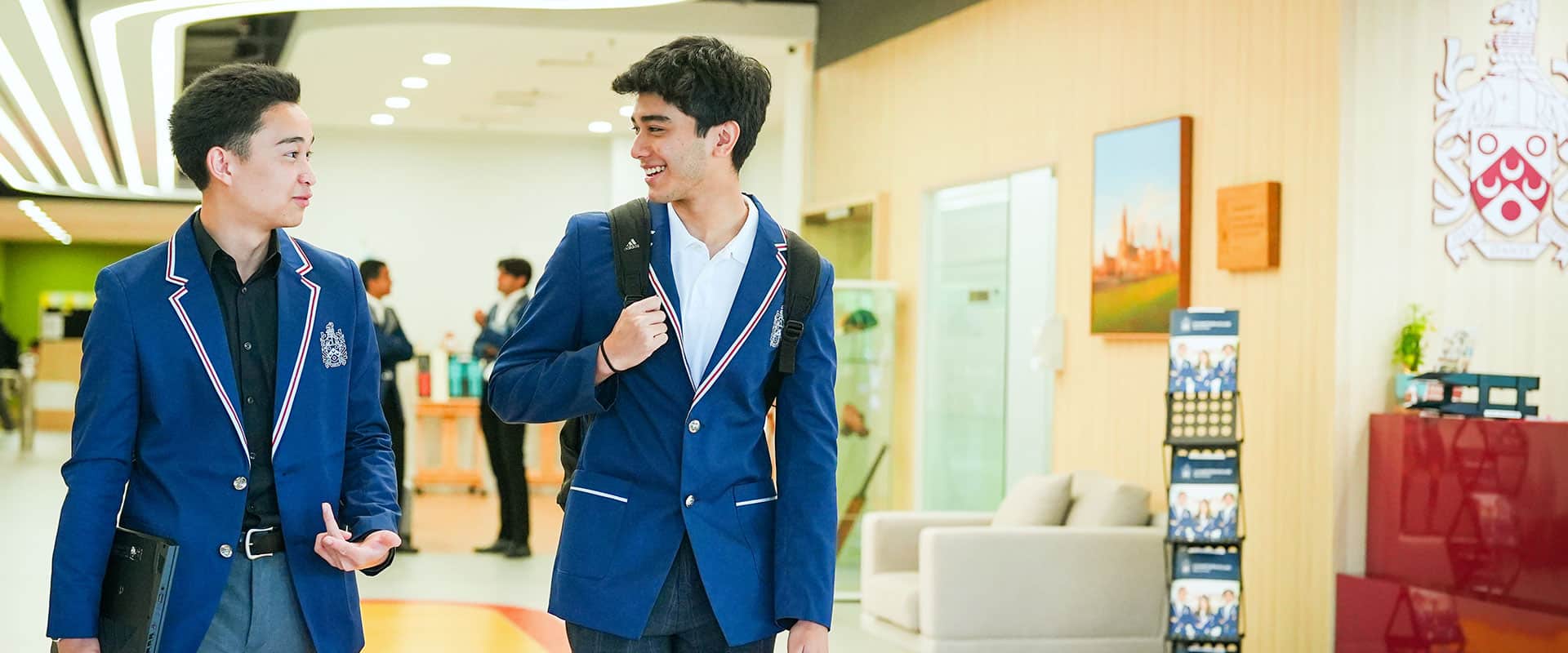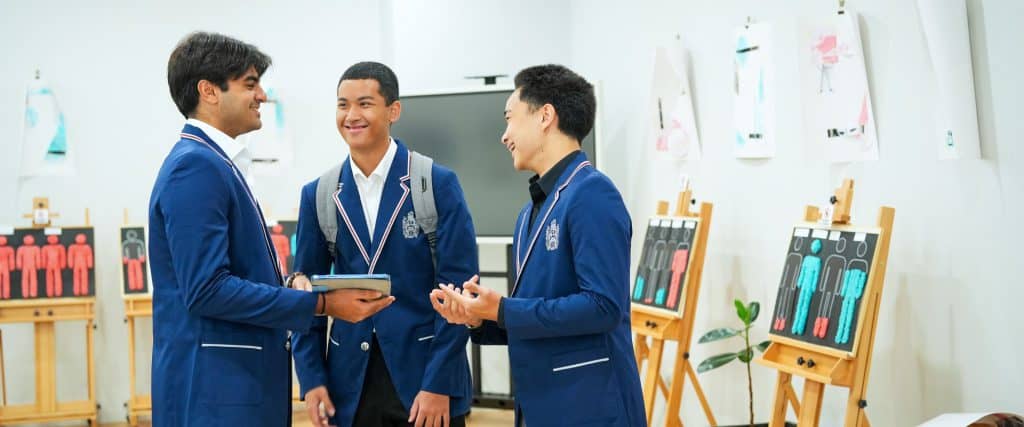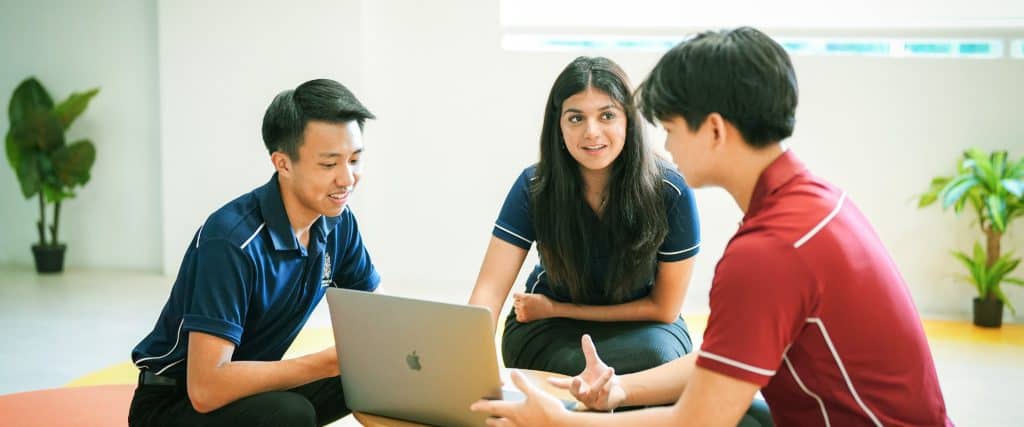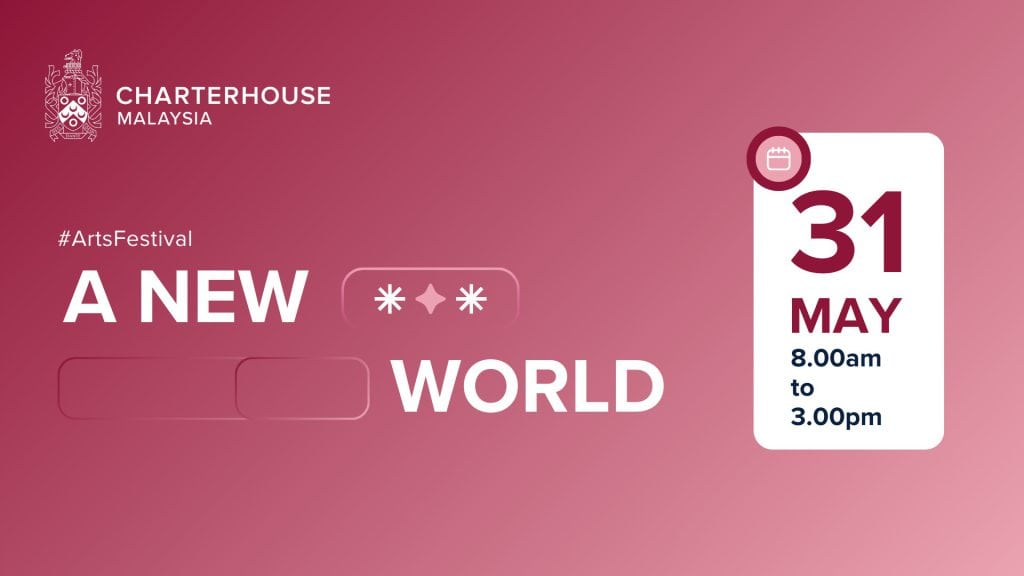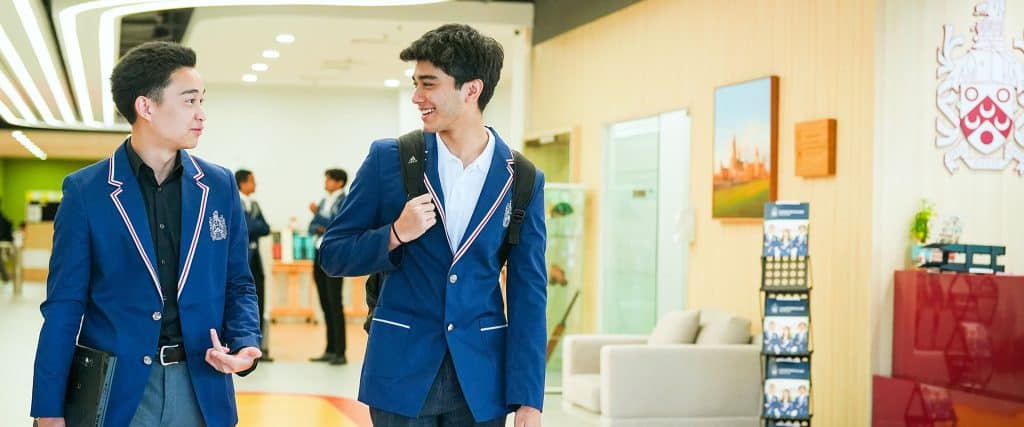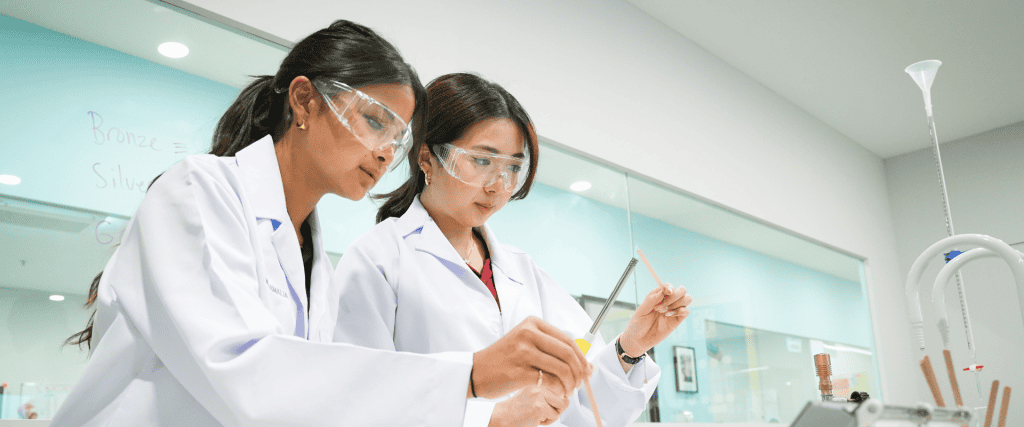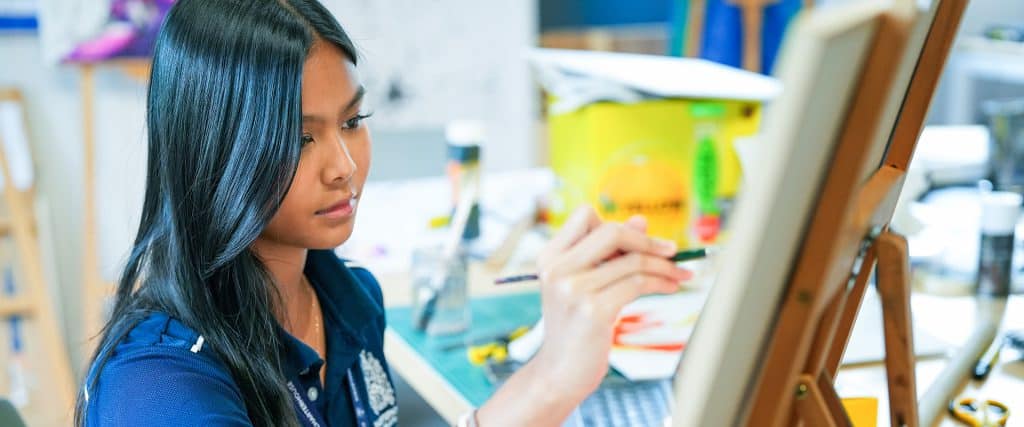Artificial intelligence is transforming The World. The past half-century has seen a seismic global shift towards, and radical growth in the power of computers. This is known as the ‘Fourth Industrial Revolution’, and its impacts have been felt in every industry and society the world – over. In addition to the decline in ‘traditional’ roles in the manufacturing and service sectors caused by increased automation, Artificial Intelligence is causing revolutionary changes in all facets of life, from self-driving cars and drone technology to virtual personal assistants, and software that can invest and translate. Such rapid changes make it very difficult to predict what successful professions and careers will look like in the future.
What will happen to the translators, investors, engineers and all of the other professions who may be replaced by artificial intelligence? While it may seem like the robots are ‘taking over’, important research by Think Tanks such as the World Economic Forum paint a much more optimistic view of the future.
In ‘The Future of Jobs’ Report (2020) The World Economic Forum has listed several skills and attributes that are vital for human beings to thrive in the 21st Century. What separates us from Artificial Intelligence are the inherent and unique traits that make us human, such as social and emotional intelligence, and creative thinking. These are skills that Artificial Intelligence will never be able to replicate. These are skills that schools must instil and nurture in their students to ensure a happy and prosperous future for all.
Recognising the importance of preparing young people for an uncertain future within the fourth industrial revolution, Charterhouse Malaysia has developed a purpose-designed curriculum that will produce ‘Future Ready’ graduates, equipped to take on whatever challenges the future might hold.
Here’s a look at the nine “World Economic Forum’s key skills to thriving in the Fourth Industrial Revolution, and how Charterhouse Malaysia’s purpose-built curriculum shapes students into the leaders of tomorrow.

1. Creative Thinking
Creativity is an invaluable skill in any career and is becoming increasingly vital to solving complex problems that AI cannot. Developing strong critical thinking skills requires people to depart from using conventional or ‘fixed’ mindsets, and encourages people to approach problems from a fresh perspective. Thus, being able to think creatively is the foundation of an innovative mindset that helps people come up with new solutions and ideas in challenging situations. Solving challenging situations such as agriculture sustainability and climate change will require our future leaders to engage in critical thinking! If AI or conventional thinking methods could offer viable solutions, they would have already been solved.
Charterhouse Malaysia Insight: The ‘Design Thinking’ process is a human-centred problem-solving approach used by scientists, engineers, inventors and designers to solve difficult problems. The approach is thoroughly embedded in the Charterhouse Malaysia Curriculum, allowing students to solve problems, innovate, communicate and create solutions to real-life problems. The approach is used both in their subject classes and as part of their Independent Learning Project, where they work with wider communities to create tangible solutions to issues such as unemployment, poverty and the education gap.
2. Social and Emotional Intelligence
Digital technology might be able to replicate or replace manual labour, but social and emotional intelligence is a quality that remains unique to humans. Emotional intelligence is the ability to identify emotions and regulate them, empathise with others, resolve conflicts using social awareness and communicate and collaborate effectively. Prominent researchers in the fields of psychology and business have concluded that having strong emotional intelligence skills is vital for becoming effective and transformational leaders.
Daniel Goleman speaking to Harvard Business Review in 2015 said:
‘The most effective leaders are all alike in one crucial way: they all have a high degree of what has come to be known as emotional intelligence…….. Without it, a person can have the best training in the world, an incisive, analytical mind, and an endless supply of smart ideas, but he still won’t make a great leader’.
Charterhouse Malaysia Insight: Charterhouse’s unique ‘Spectra Smarts’ curriculum is embedded in every aspect of school life. Students will look at both academic and real-life scenarios through a series of perspectives, each perspective linked to a particular aspect of emotional intelligence, such as being smart about ‘People, Myself, and Situations’. In doing so, students will learn how to regulate their thoughts and emotions, read and interpret those of others, and learn how to make the right decisions in difficult circumstances.
3. Active Learning
Active learning is a way of participating or interacting with the process of learning as opposed to passively consuming the information. In short, active learning involves learning by doing. According to Edgar Dale’s ‘Cone of Experience’, people remember 90% of what they do as compared to 10% of what they read and 20% of what they hear. Thus, active learning increases retention and enhances critical thinking as students learn to question presumptions, defend conclusions, build on ideas and recognise logic during the process.
Charterhouse Malaysia Insight: Charterhouse Malaysia’s campus in Sri Hartamas was designed and built on prominent futurist and educator David Thornburg’s philosophy of creating dynamic learning spaces that facilitate collaboration, exploration, and active learning in every corner of the campus. Students can come together to discuss ideas at the ‘Village Well’, engage in debating important issues around the ‘Camp Fire’, and exhibit their work for the rest of the community to see on the ‘Mountain Top’. Teachers at Charterhouse Malaysia have also adapted the curriculum to include many ‘Project-based learning’ opportunities. Students will also take part in service learning in the community.
4. Critical Thinking
Critical thinking is the ability to analyse a variety of information, sometimes conflicting or complex, to make a well – reasoned judgment. Critical thinkers are also reflective and independent of thought and can link seemingly abstract or unrelated ideas together logically, identify flaws, and suggest the best possible solutions to difficult problems.
Critical thinkers are greatly prized by both current and future employers, who value their open-mindedness to new ideas, and their ability to solve problems without letting personal bias or assumptions detract from the integrity of their thought process. This increases their adaptability to change, making them good collaborators and decision-makers.
Charterhouse Malaysia Insight: Through the Spectra Smarts programme, students are taught how to evaluate the nature and validity of information, and how to arrive at well–reasoned conclusions. Through Design Thinking and the Independent Learning Project, students are encouraged to think critically to solve complex, real-world problems and communicate their solutions with confidence. Building critical thinking skills is at the core of the Charterhouse Malaysia curriculum.
5. Resilience
Resilience is one of the most important traits required to deal effectively with work-related challenges. Resilient characters know that failure is the first and most important part of achieving success; they view difficult situations and failures as opportunities, and as temporary events which act as a learning curve for growth. Resilience helps people to have a positive outlook on life and is often associated with many benefits such as job satisfaction, commitment, engagement, good interpersonal relationships, high self-esteem and better control over situations.
Charterhouse Malaysia Insight: Carthusians will benefit from a highly motivating and exciting school culture and a curriculum that nurtures, whilst encouraging the development of resilience in every learner. Alongside the aforementioned Spectra Smarts and Design Thinking approaches that teach empathy and emotional intelligence, each student will be part of a small ‘House’ tutor group, lead by an educator with experience of coaching and mentoring Sixth Form students. In their house tutor groups, students will benefit from a highly supportive learning environment where success is celebrated, and setbacks are embraced as a necessary part of the learning process.
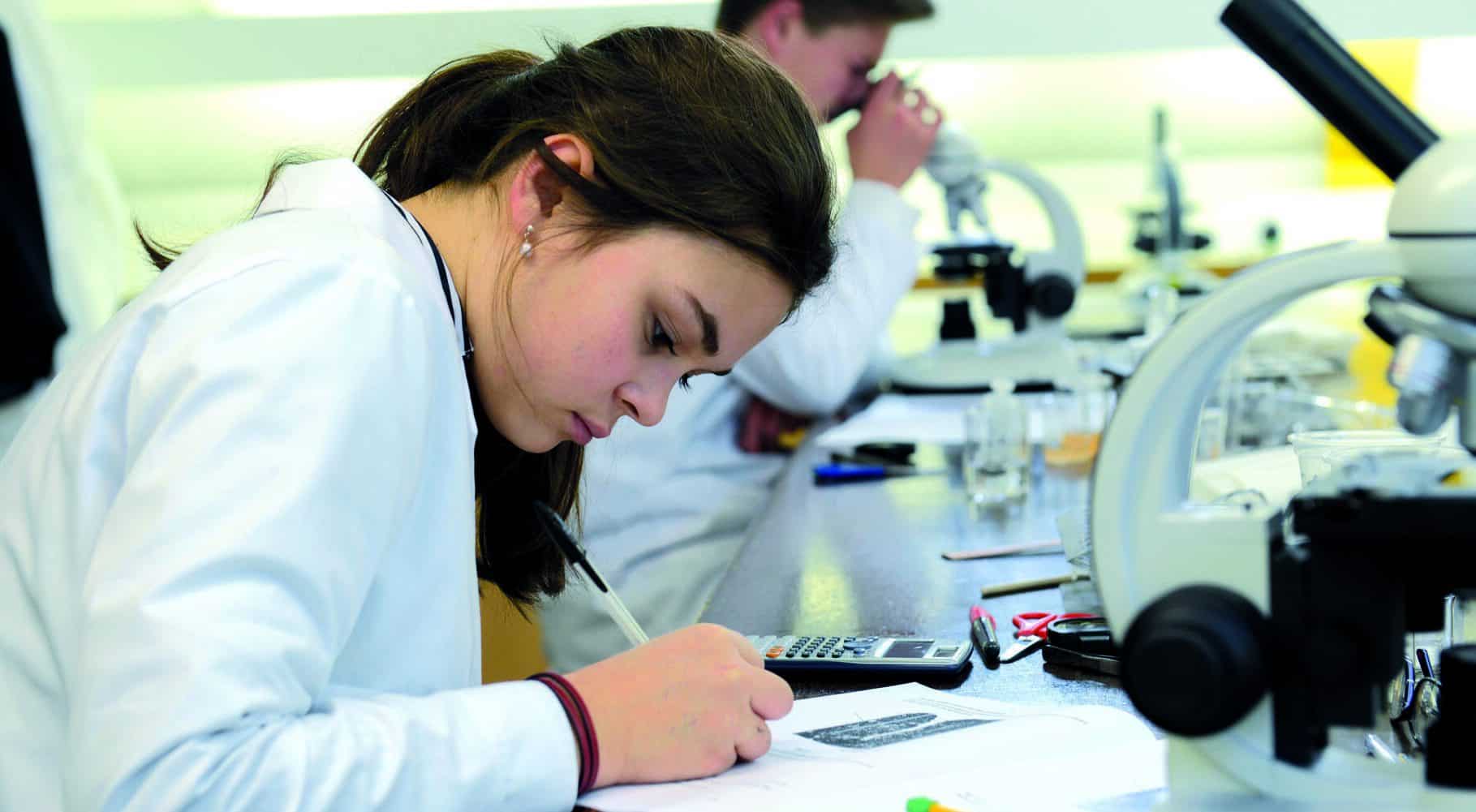
6. Problem-solving
Problem-solving refers to the ability to manage adverse or unexpected situations by identifying the problem, determining the cause and selecting the best solution from a range of options. Problem-solving skills are considered as one of the most important skills for thriving the fourth industrial revolution. This is because good problem solvers possess a range of competencies such as creativity, critical thinking, collaboration, logic, reasoning, resilience and determination.
Charterhouse Malaysia Insight: Students will be able to practice problem–solving in every facet of school life through Spectra Smarts, Design Thinking, Independent Learning Projects, and through involvement in the ‘Charterhouse Forum’ a student-led organisation where students are encouraged to come together to make improvements at school, community, national or even international levels.
7. Innovation
The Covid-19 pandemic has made innovation the top priority for every business and organisation. Innovative thinking is about adapting to changing and challenging situations by employing ideas and solutions that haven’t been thought of before. An innovative mindset enables a positive attitude, helping people to take control of difficult situations with confidence. Innovative thinkers will never be bored and will learn to see every situation as an opportunity for improvement. Every person will need to become an innovator to thrive in our rapidly changing world.
Charterhouse Malaysia Insight: Charterhouse Malaysia recognise that the students of today are the entrepreneurs and social impact drivers of tomorrow. Design Thinking across the curriculum, and in the Independent Learning Project will equip learners with the innovation skills they need to change the world.
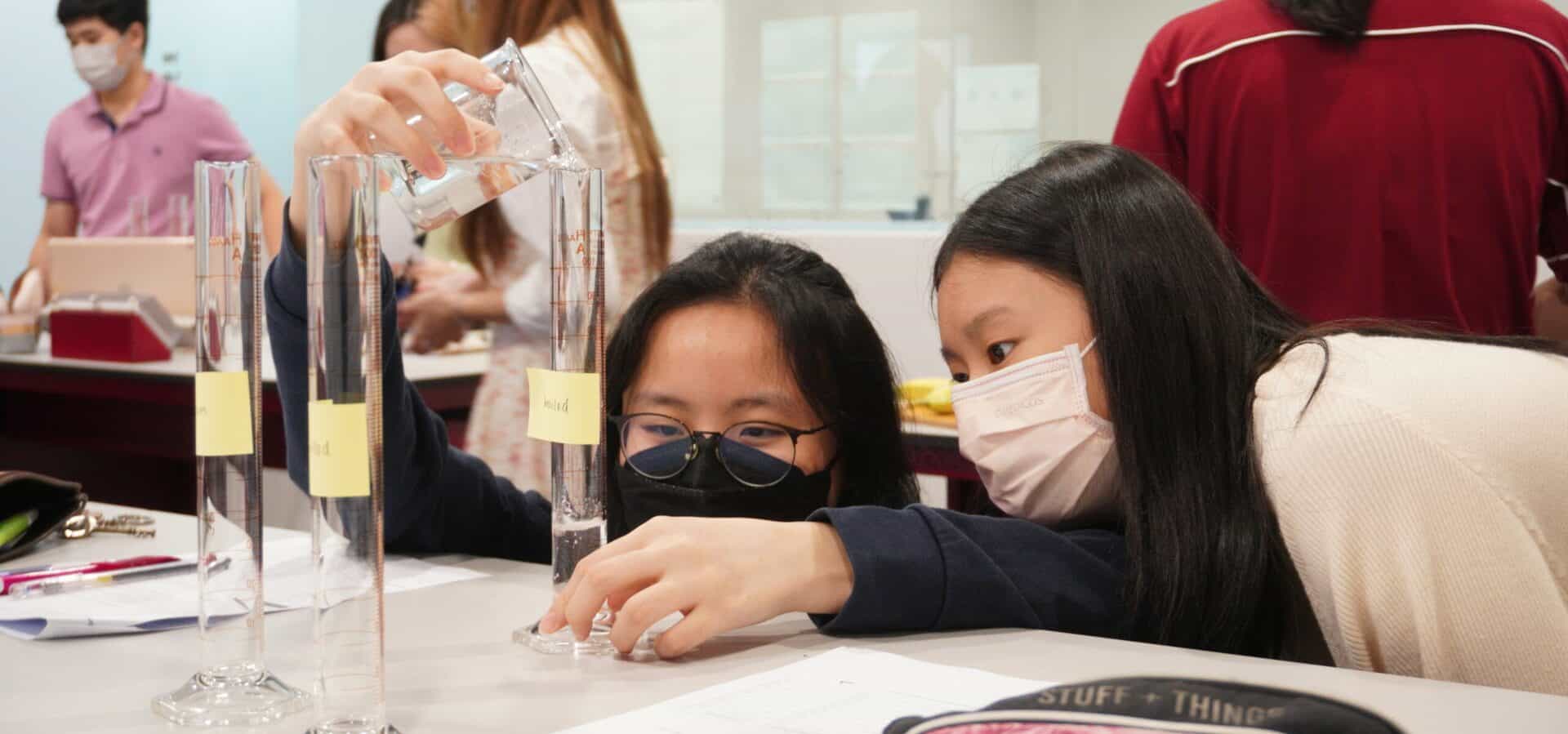
8. Adaptability
Adaptability is a skill that shows the ability to learn skills and behaviour quickly in response to changes in circumstances. Adaptability is important because, in our fast-changing world, people will need to be able to adapt to new challenges with grace and positivity,
Being adaptable is also an indicator of a person’s resourcefulness, leadership skills, analytical skills and determination which are valuable qualities in any workplace, and will become increasingly important in the coming years of the fourth industrial revolution, where technology and evolving economies make the future of work even more uncertain.
Charterhouse Malaysia Insight: The complete academic and extended curriculum at Charterhouse Malaysia is designed to encourage adaptability and the ability to embrace change with enthusiasm. Students will learn how to respond to change for example through their independent learning project, which will need to be adapted and refined to suit changing community needs.
9. Collaboration
Collaboration has always been a sought-after skill as it brings people with diverse skills, knowledge and expertise together to achieve greater success. Collaboration leads to innovation, higher efficiency and productivity, better interpersonal relationships, and open communication. It also provides a great learning experience as people learn from each other and grow together. Needless to say, a team that can collaborate well is better equipped to handle change.
Charterhouse Malaysia Insight: The Charterhouse Forum is a haven for students to have discussions. It is led by students, for students, to spark meaningful conversations about the world that we live in. Students will think, debate, and act upon current issues that may be happening in the local community, within the classroom or further afield, and are given support by their teachers to solve these problems through the Design Thinking process. Lessons will also be delivered in such a way where students are encouraged to use the knowledge they have learned to solve complex problems in small groups.
Charterhouse Malaysia’s unique education programme ensures that our students will have the confidence take on the world’s complexities and opportunities. The school day is designed to furnish students with opportunities for collaboration and leadership. Our comprehensive A Level and extended curriculum encourages students to be active learners by thinking critically, creatively and inquisitively.
Charterhouse Malaysia’s Spectra Smarts approach develops student’s full range of human intelligence and is designed to bring out the best of what it means to be human so that graduates are ‘Future Ready’, and equipped with the tools needed to succeed in a high-tech future. In addition, students learn to solve problems using Design Thinking – A powerful, human-centred thinking methodology used by scientists, innovators and entrepreneurs to solve the world’s most complex problems. This flexible, creative approach to problem-solving gives students an edge, enabling them to use their innately human qualities such as empathy to complement rather than compete with Artificial Intelligence in the changing landscape of work and industry.
Charterhouse Malaysia‘s groundbreaking programme requires each student to complete an Independent Learning Project, combining students’ newfound innovation and emotional intelligence skills with a commitment to community service. Working with the community enables students to engage in active learning, and to acquire valuable life lessons through using ethical research approaches to solve problems in the community. These opportunities and experiences culminate in the submission of an academic essay, earning students the Cambridge International Project Qualification (IPQ). The qualification is worth 1 AS level and is highly regarded by the worlds’ top universities.
Finally, Charterhouse Malaysia’s culture is designed to nurture independence, responsibility and social awareness. When students secure their places at the world’s most prestigious universities, join the workforce, or start their own grassroots change movement, they are empowered with the skills, experiences and outlook to make a smooth transition no matter their chosen path. They will be ‘Future Ready’ and become the generation that changes our world for the better.

